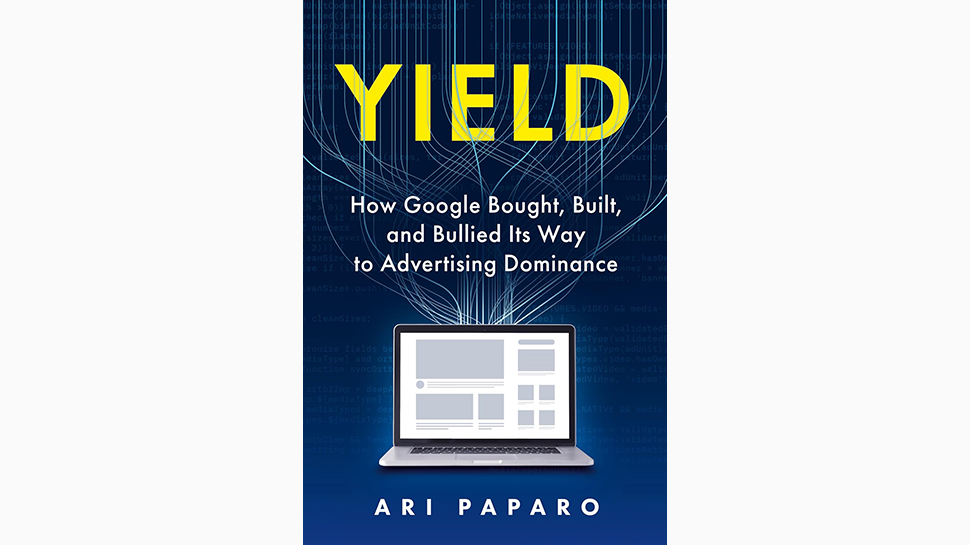
"The title of your book contains the word 'bullied' to express how Google reached its dominant position today. Why use such a strong, loaded word? ...specifically, what happened in the advertising technology sector was that Google came from nowhere, and through a series of acquisitions ended up in a position where it was both the buyer and the seller of a huge swath of display ads."
"Once in that position it began flexing its muscles in ways that extracted margins from the transactions at the expense of competitors, and without the consent or knowledge of its customers. ...Google unilaterally changed the controls that publishers had on the ways they could price their own ads."
"With antitrust scrutiny ramping up in the U.S. and abroad, Paparo warns how efforts to break up Google could have unintended consequences for the already fragile ecosystem of media and publishers."
"In this conversation, we dig into why he uses the word "bullied," what a post-Google internet might look like, and whether the rise of AI is changing the game, or just reinforcing old monopolies with smarter tools."
Ari Paparo's book 'Yield' reveals the aggressive tactics Google employed to secure its dominant position in digital advertising. As former Google executive and now critic, Paparo discusses how Google's acquisitions allowed it to operate both as buyer and seller in ad tech, often at the expense of competitors. With rising antitrust scrutiny, he emphasizes the potential risks of breaking up Google, suggesting it may harm the fragile media ecosystem. He also explores the impact of AI on existing monopolies and the future of a post-Google internet.
Read at TechRadar
Unable to calculate read time
Collection
[
|
...
]